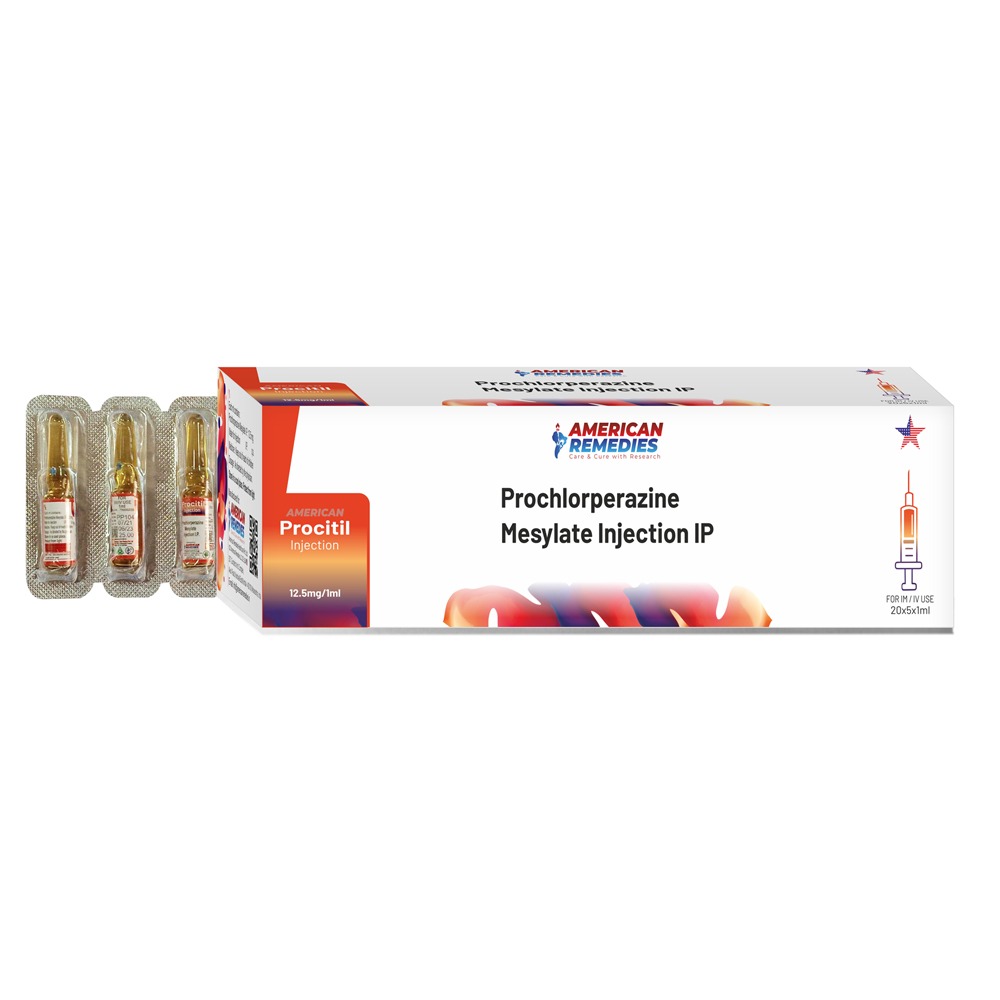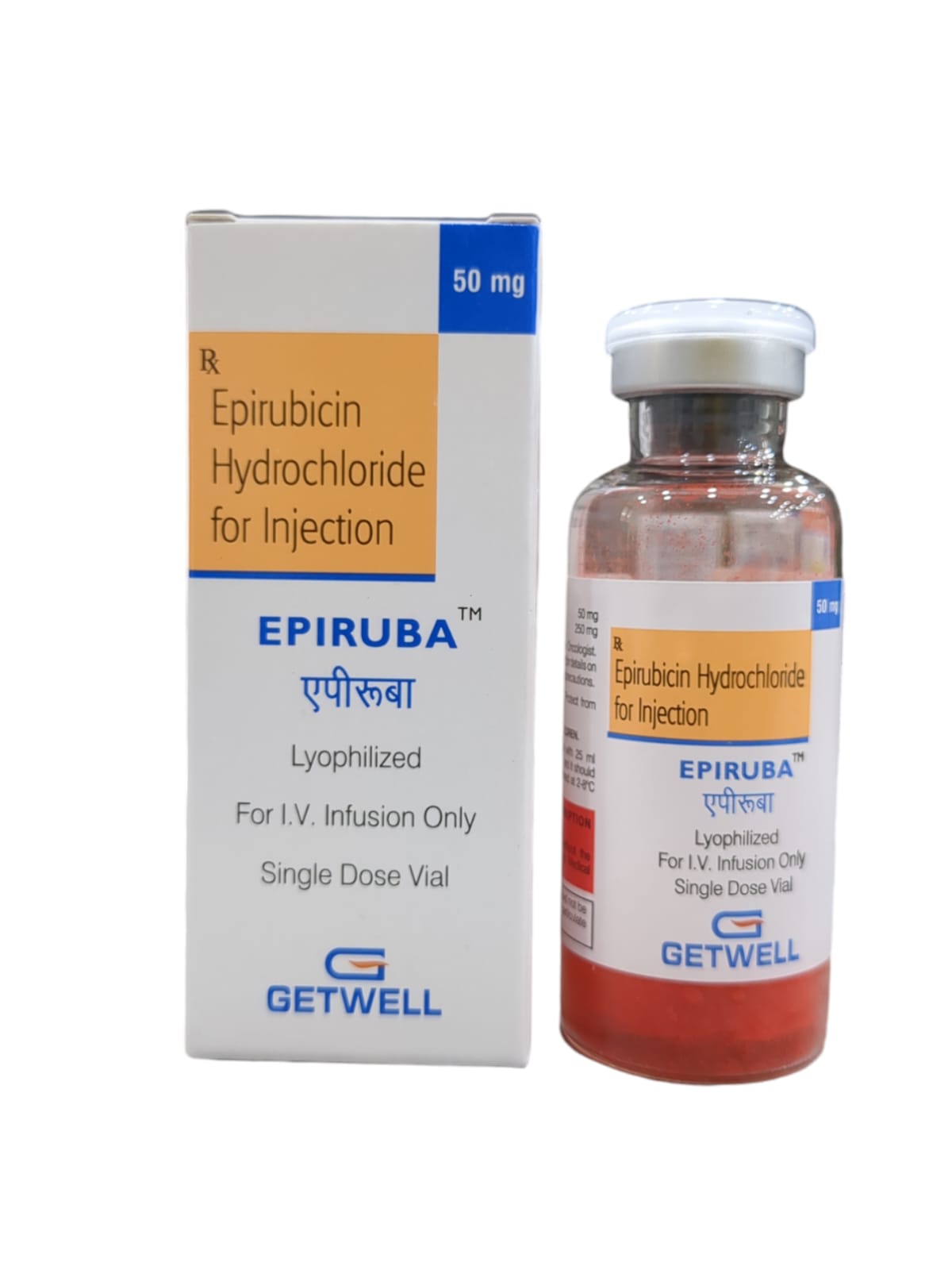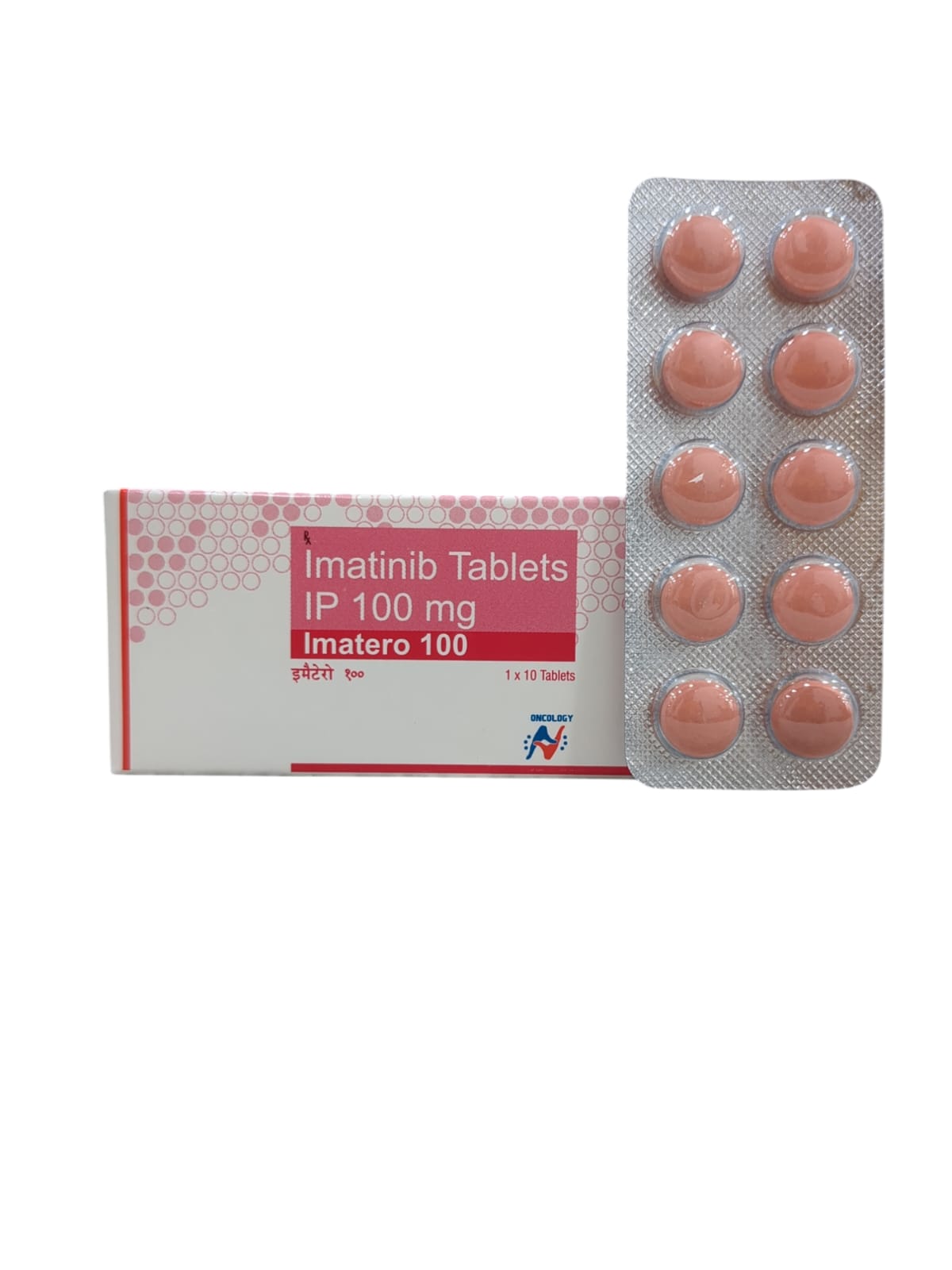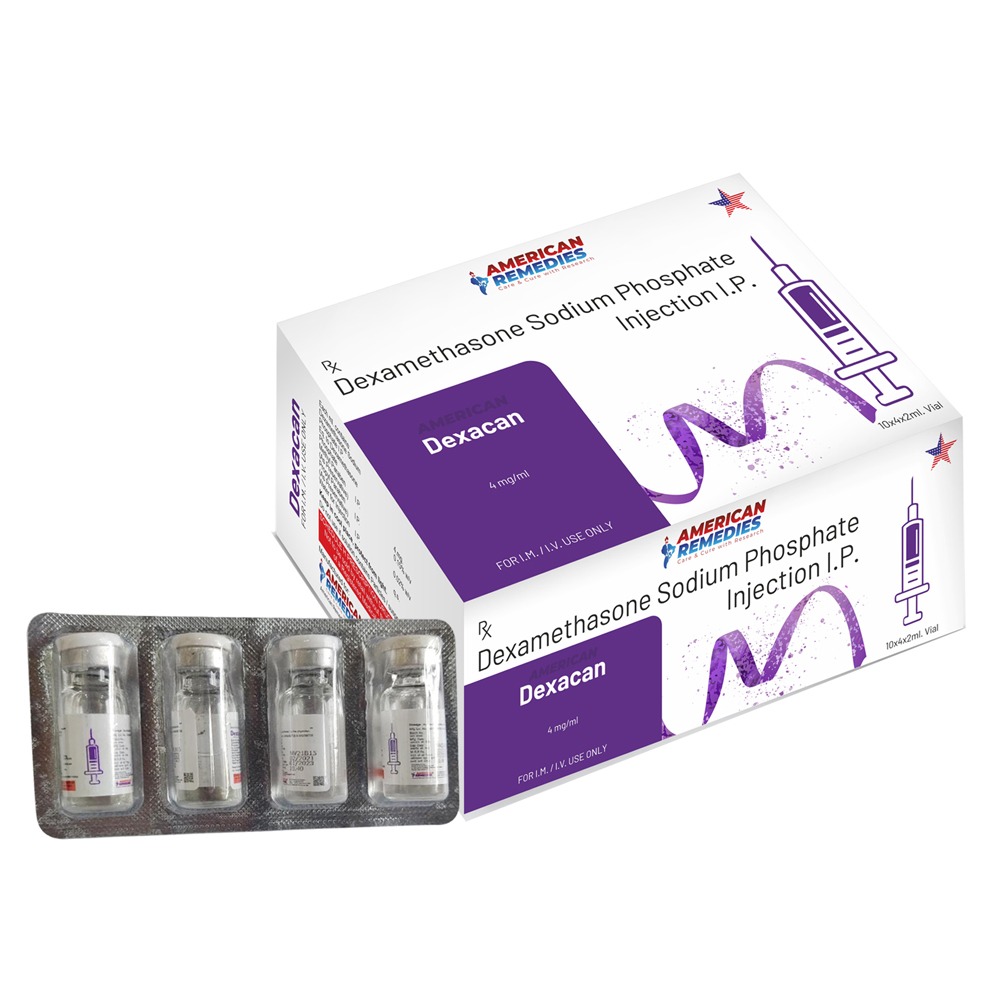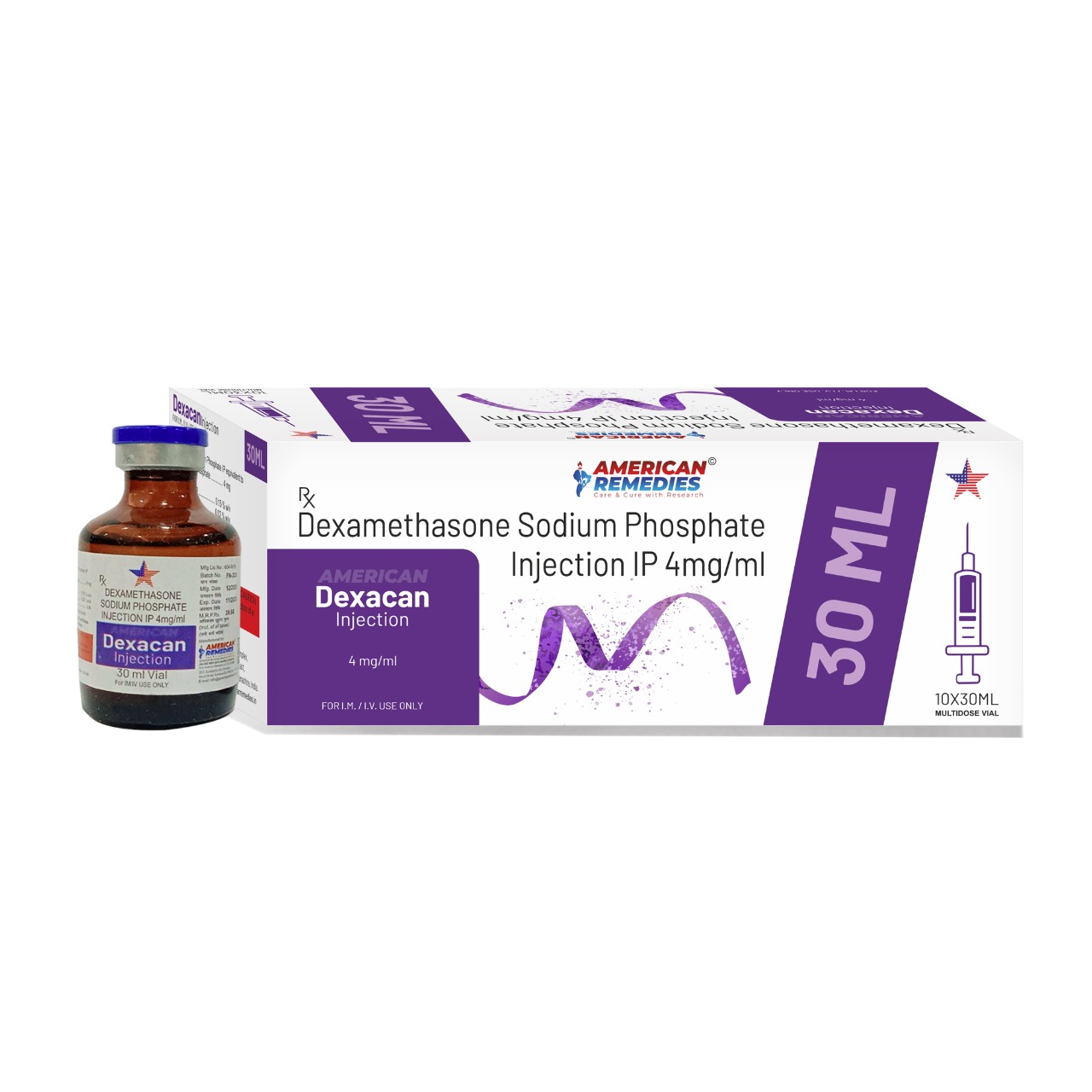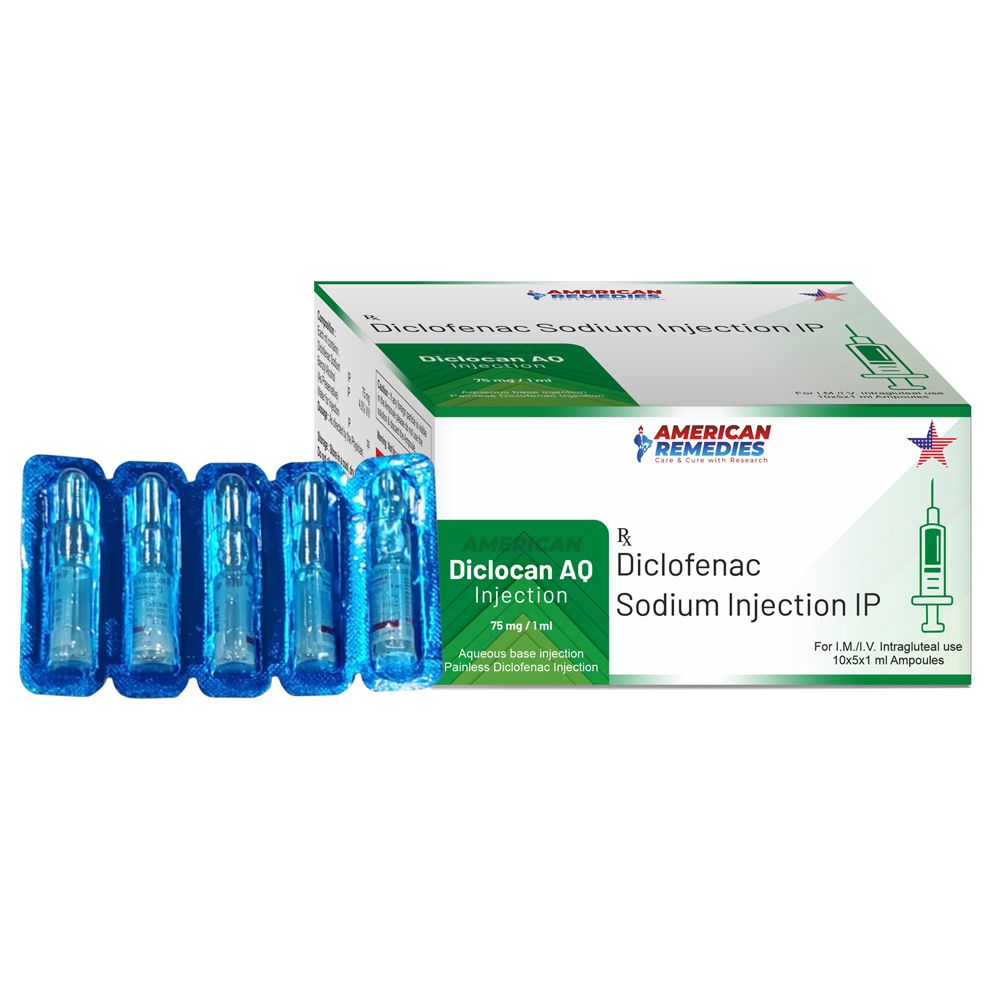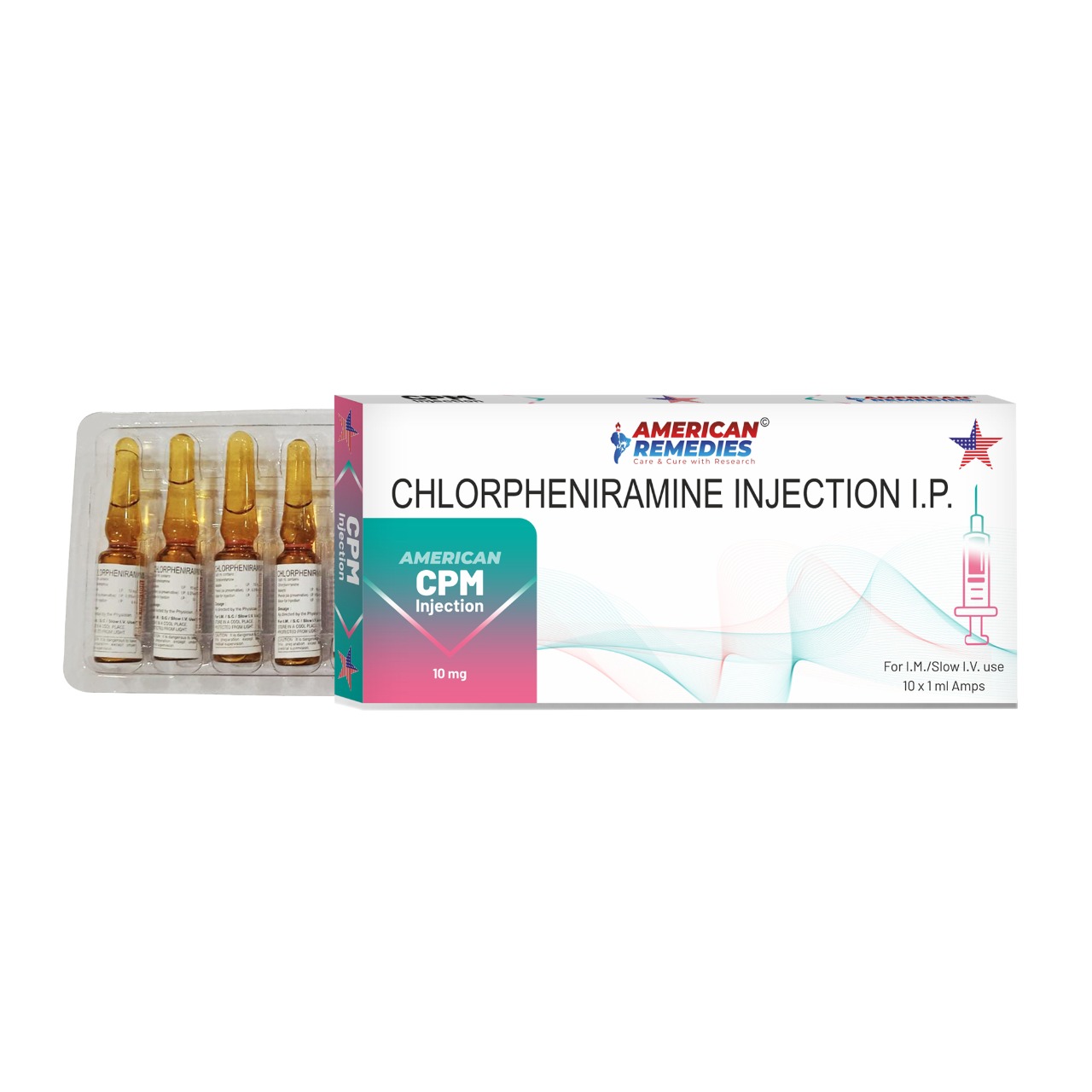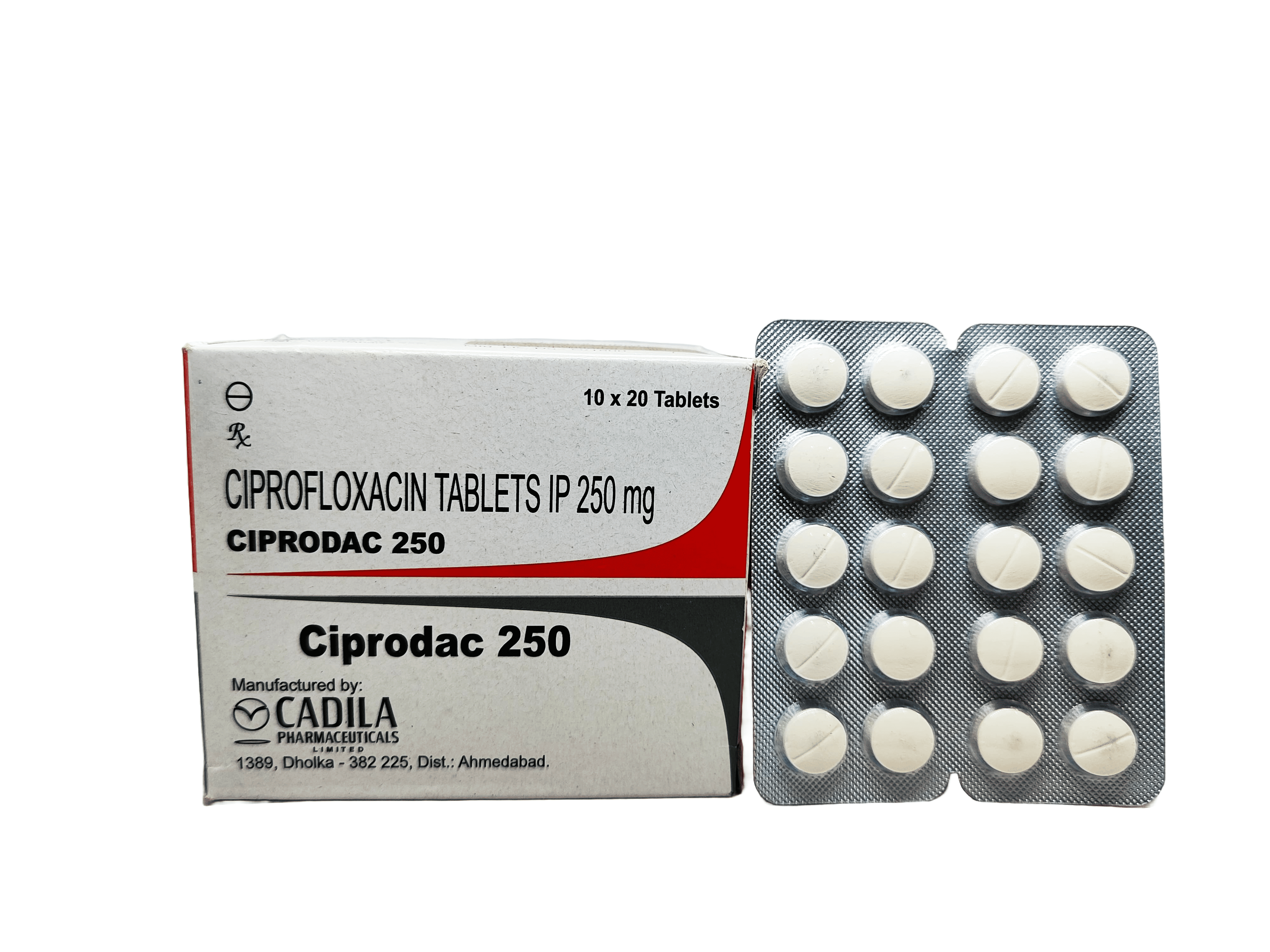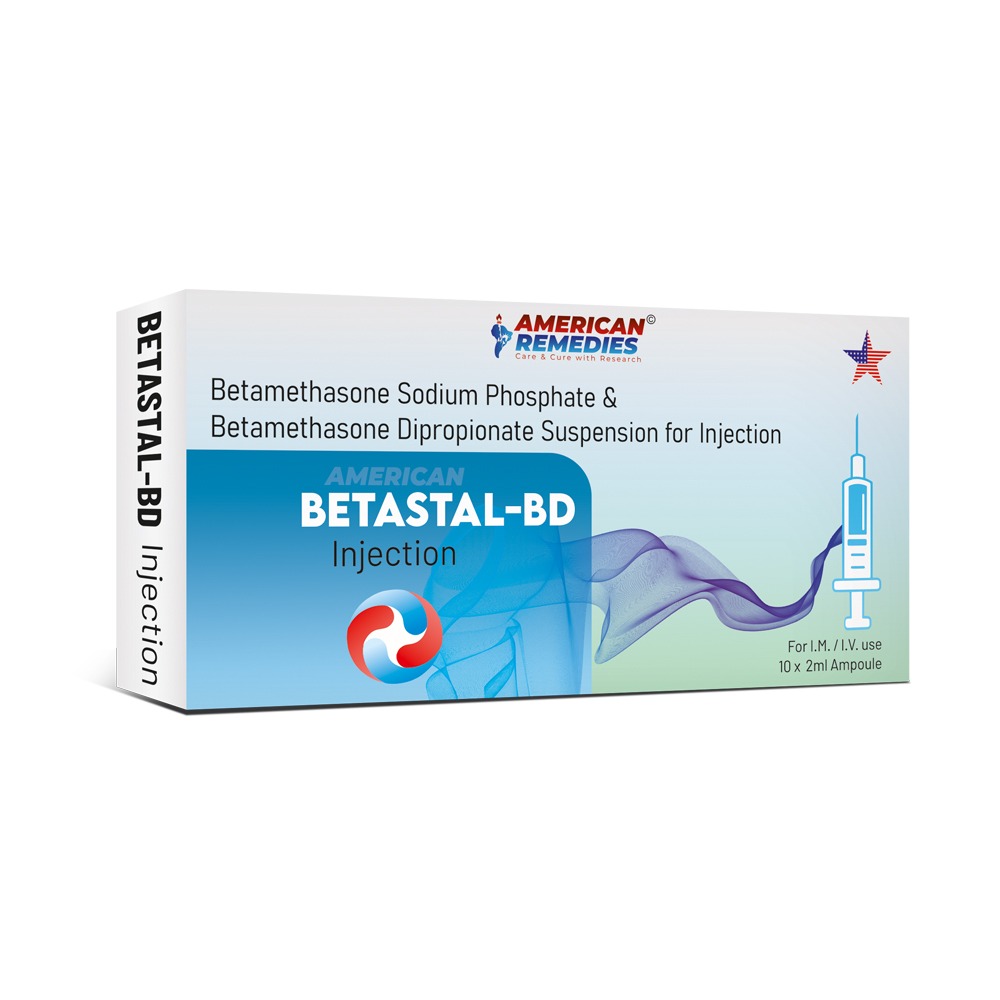Procitil Injection is a medication that contains Prochlorperazine, a phenothiazine class drug. It is primarily used to treat: 1. Severe Nausea and Vomiting Procitil is effective in managing nausea and vomiting caused by various conditions, including: • Post-operative recovery • Chemotherapy-induced nausea • Gastrointestinal disorders 2. Psychotic Disorders Prochlorperazine, the active ingredient in Procitil, has antipsychotic properties and is used to manage symptoms of: • Schizophrenia • Delirium • Severe anxiety 3. Vertigo and Dizziness It helps alleviate dizziness and balance issues associated with inner ear problems. 4. Severe Anxiety Procitil can be used in the short-term management of severe anxiety when other treatments are not effective. 5. Hiccups In some cases, Procitil is used to treat persistent and severe hiccups. Administration Procitil Injection is administered intravenously or intramuscularly by a healthcare professional. The dosage and frequency depend on the specific condition being treated and the patient's response to therapy. Side Effects Common side effects may include: • Drowsiness or sedation • Dizziness • Dry mouth • Constipation • Blurry vision • Muscle stiffness or tremors • Serious side effects are rare but can include: • Severe allergic reactions • Neuroleptic malignant syndrome (a life-threatening condition) • Tardive dyskinesia (involuntary movements) If you experience any unusual symptoms, contact your healthcare provider immediately. Precautions Before using Procitil Injection, inform your doctor if you have: • Allergies to prochlorperazine or other phenothiazines • Liver or kidney disease • Heart problems • Seizure disorders • Parkinson's disease • Pregnancy or breastfeeding status
Send Message